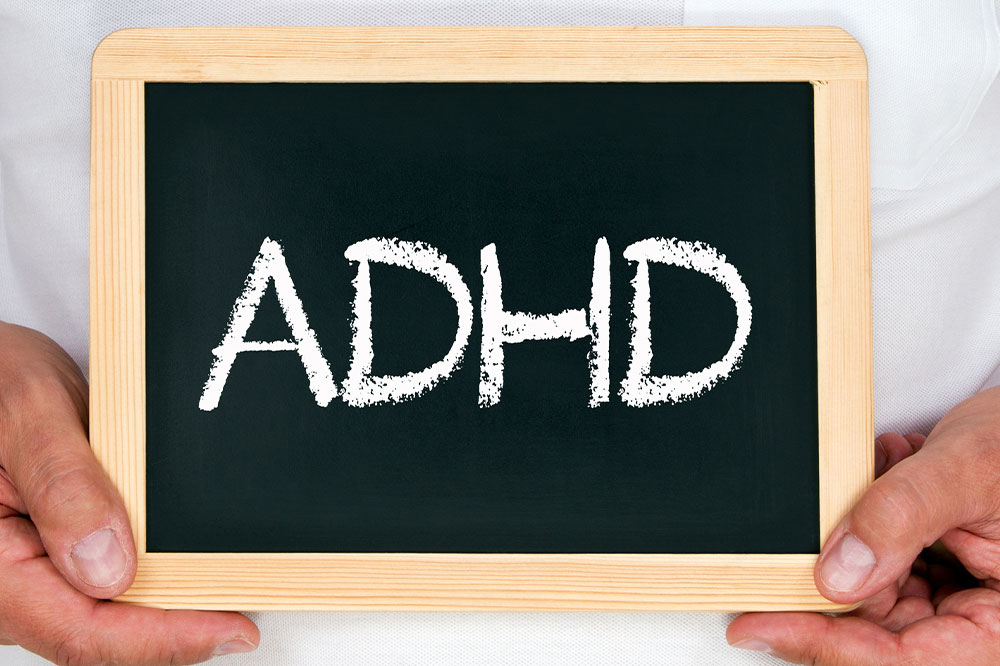
Simple tips to help manage ADHD
A while back, attention-deficit hyperactivity disorder (ADHD) was dubbed hyperkinetic disorder since it was believed to be related only to hyperactivity and weak impulse control. But, today, it is known that symptoms can range from inability to concentrate, impulsiveness, low frustration tolerance, and disorganization, among others. To manage ADHD, it is imperative to build healthy habits to strengthen focus and accomplish goals. Here are some easy tips that can help deal with the condition.
Tips to efficiently manage ADHD
Educate yourself
It is imperative to first understand the condition and its impact on a person’s life. It’s best to research authentic sources and talk to healthcare professionals. Learning how the brain operates, what symptoms one could have, and accepting them is the first step to managing ADHD.
Eat and sleep right
Peaceful, recuperative sleep is a great way to regulate moods and maintain focus throughout the day. Research has repeatedly shown that creating a bedtime routine helps greatly. Turn off all electronics for at least an hour before lying down. This makes it easier to fall asleep. Aside from this, eating foods rich in protein increases dopamine. Certain whole grains, fruits, and vegetables will positively impact the brain’s ability to concentrate, plan and organize. Fish oil supplements are also vital for better managing ADHD as they are rich in omega-3 and help with one’s memory and focus.
Exercise efficiently
Sustained exercise may significantly lessen or reverse the negative effects of trauma. Physical activities also promote brain efficiency and learning abilities. Even half an hour of vigorous exercise can help the neurotransmitters in the brain by giving them an instant boost.
Manage tasks systematically
People diagnosed with ADHD often get overwhelmed by tasks and errands as it becomes hard to prioritize one out of many. Here’s when a simple system of making a to-do list comes in. One can make a list of all the work in an ascending or descending order of urgency and then act accordingly.
Go easy on yourself
Making lifestyle changes is challenging and may take time. New habits are not formed in a single day, and it is crucial to not be discouraged during the process. Also, seeking the help of therapy, whether online or in-person, and gaining perspective on various aspects of one’s life can help manage ADHD.







